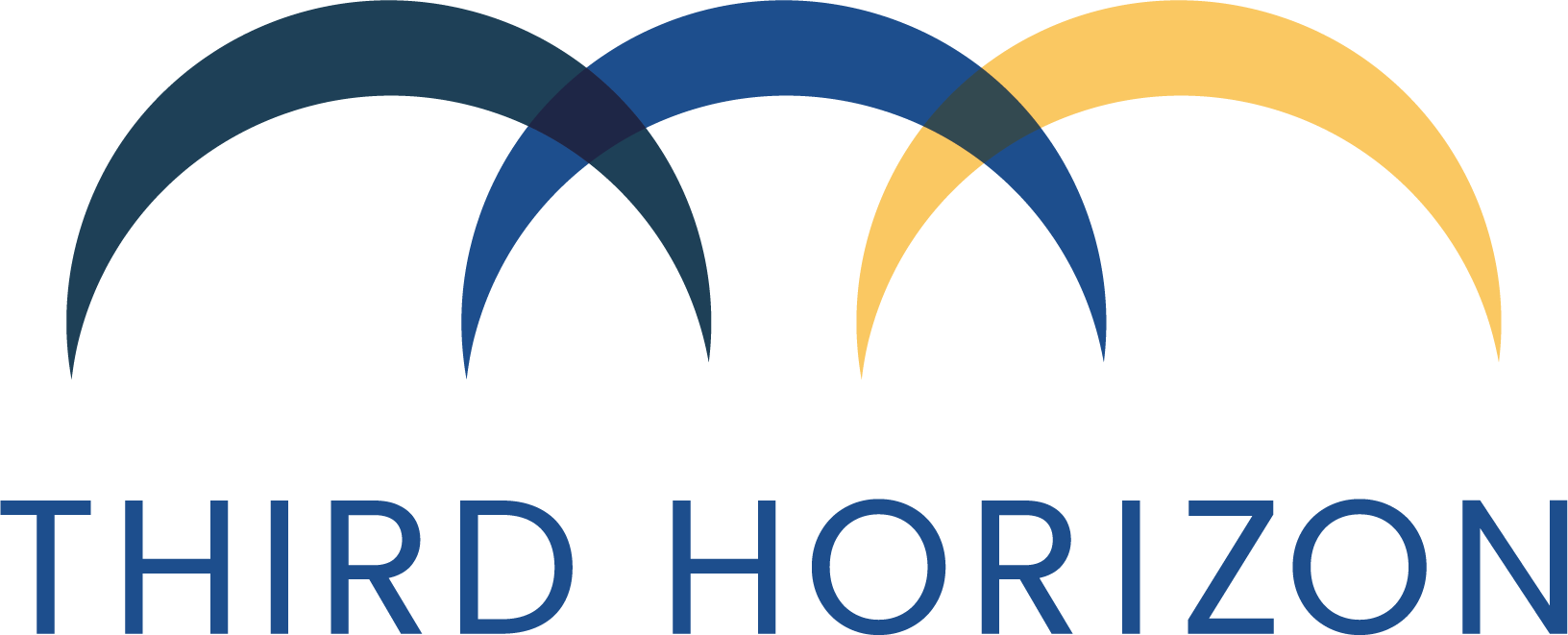- Wages have not been able to offset the rising costs of premiums for workers with employer-sponsored coverage over the last three decades, with Black and Hispanic employees hit particularly hard by this development, according to a study in JAMA Network Open. The authors of the study suggest that a possible remedy would be for companies to base premiums on how much individuals get paid, with those in higher wage brackets paying more, but only a few large businesses in the United States take that approach, and even in those cases the gap persists somewhat. (Article here)
- According to new data from the Medicare Payment Advisory Group (MedPAC), the federal government could pay Medicare Advantage (MA) plans $88 billion more this year than it would be spending if those seniors were in traditional Medicare. MedPAC says that is because MA insurers attract healthier and, therefore, lower-cost individuals into their plans and aggressively code the medical needs of their beneficiaries to recoup higher reimbursement from the government. MedPAC released the data Friday during a contentious meeting where members argued over the efficacy of MA, a program that’s growing in popularity among U.S. seniors but has snowballing spending. (Article here)
March 11, 2024
Payers | Tea Leaves
